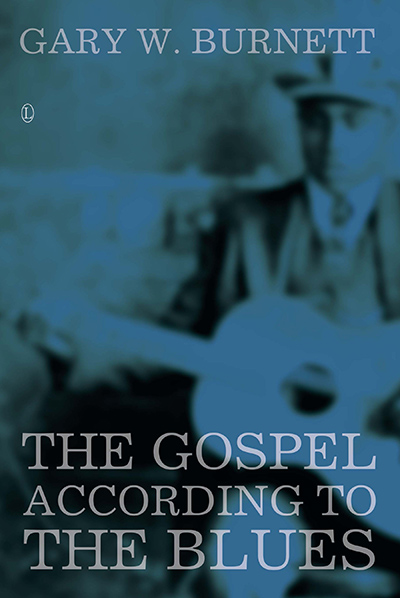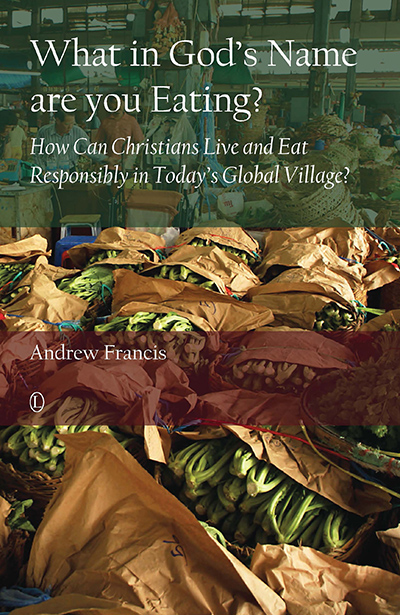Description
The Gospel According to the Blues dares us to read Jesus’s Sermon on the Mount in conversation with Robert Johnson, Son House, and Muddy Waters. It suggests that thinking about the blues – the history, the artists, the songs – provides good stimulation for thinking about the Christian gospel. Both are about a world gone wrong, about injustice, about the human condition, and about hope for a better world. In this book, Gary Burnett probes both the gospel and the history of the blues, to help us understand better the nature of the good news that Jesus preached, and its relevance and challenge to us.
About the Author
Dr Gary Burnett lectures in New Testament in the Institute of Theology at Queen’s University Belfast, in addition to managing a high-tech business consultancy. He is the author of Paul and the Salvation of the Individual and the blues blog Down at the Crossroads.
Contents
1. The Gospel According to the Blues
2. Suffering, the Gospel, and the Blues
3. The Blues, Jesus, and Justice
4. Violence, the Blues, and Peace
5. There Must be a Better World Somewhere
6. Shaking Off the Modern Daze
7. The Gospel, the Blues, and the Empire
8. The Devil Don’t Have No Music
9. Worried Minds: Beating the Blues
10. Preachin’ the Blues
Bibliography
Endorsements and Reviews
Gary Burnett’s office is shelved with theological books, guitars fill the floor, and the drawers are crammed with CDs. In The Gospel According to the Blues, Gary brings his vocation as a New Testament teacher together with his passion for the blues and gives the reader scholarly knowledge and wise insight.
Steve Stockman, Fitzroy Presbyterian Church, Belfast
The Gospel According to the Blues is at once a primer in American music, culture, and race and religious history. Gary Burnett moves deftly from lyrics to theory and back again, from Blind Lemon Jefferson to the insights of contemporary scholarship. Highly readable, thoroughly researched, and with deep respect for the art form on every page. For best results, read with scratchy vinyl recordings of the masters as accompaniment.
Michael J. Gilmour, Providence University College, Otterburne, Manitoba, Canada






